Monday, May 20, 2024

In Iraq, Advocates Aim to Reform Education to Build Collective Identity
Vida Hanna, a director for public relations at Catholic University in Erbil, recalled the first week of her first-grade year when a classmate called her a kafir, or an infidel, upon learning that she was Christian. “He told me I would burn in hell,” said Hanna, a former member of USIP’s Iraq team, still shaken by the experience 22 years ago. Hanna’s experience is a microcosm of the ignorance and negative thinking that exist among segments of Iraqi society, which can exacerbate intercommunal tensions.

In Memory of George P. Shultz: The Constant Gardener-Diplomat
Many colleagues and acquaintances of the late Secretary of State George P. Shultz will remember his tendency to equate diplomacy with gardening. To Shultz, the diplomat should devote unwavering attention to his “plants”—that is, the day-to-day work of diplomacy, which requires long-term planning, the steady and diligent tending of relatively unchanging interests, and the cultivation and maintenance of alliances.
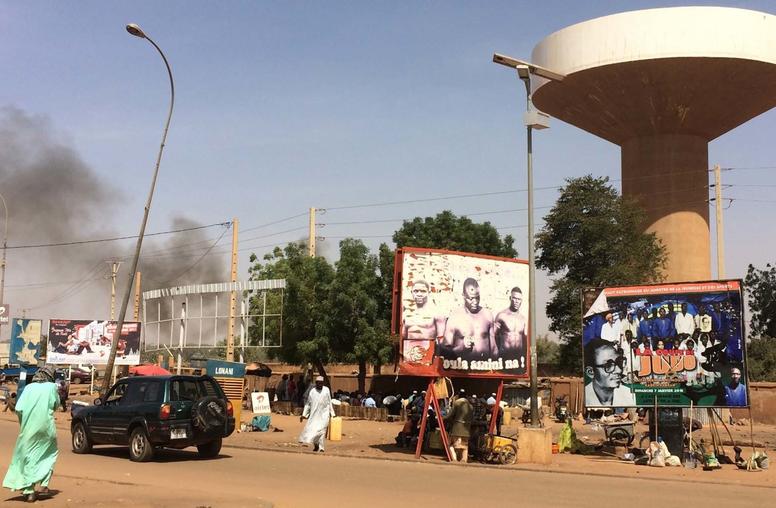
Amid Sahel’s Crises, a Community in Niger Builds Peace
The 135 million people of Africa’s Sahel region work with thin resources as they labor to stabilize their countries against layers of crises—extremist violence, the COVID pandemic and natural disasters. But in one of the world’s poorest regions and countries, a community in Niger’s capital city has united to produce what can seem like a small miracle of self-reliance. With the simple tools of community meetings, cellphones and voluntarism, a network of residents worked with police services and officials to help contain COVID, prevent violence, reduce crime—and even save residents from a disastrous flood.
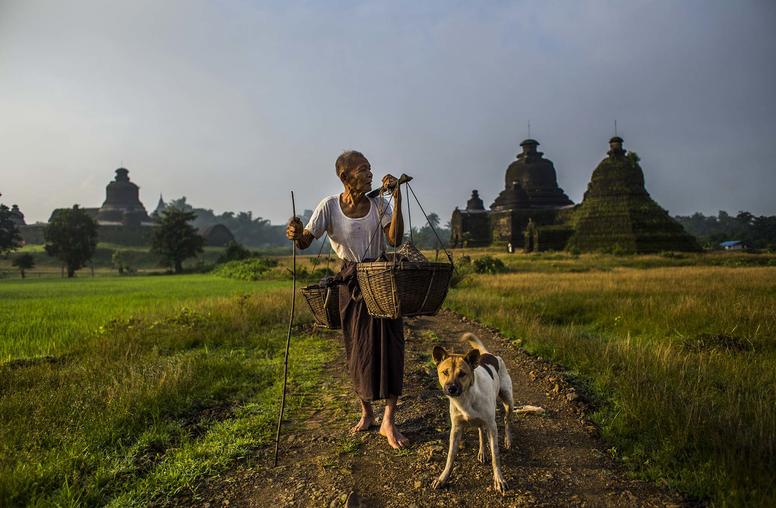
Visions for Peace in Burma
Burma has faced various ethnic conflicts since shortly after its independence in 1948. In that time, five different peace efforts have failed, leaving Burma in what constitutes the world’s longest running civil war. However, since the country’s November 8 elections, there has been a flurry of meetings between ethnic-armed organizations and the military, known as the Tatmadaw. These unexpected talks are the first signs of progress toward a resolution of the seemingly intractable war—that is, if the sides can learn from the past and create a fresh, inclusive renewal of the peace process that draws on the country’s diverse voices advocating for peace.
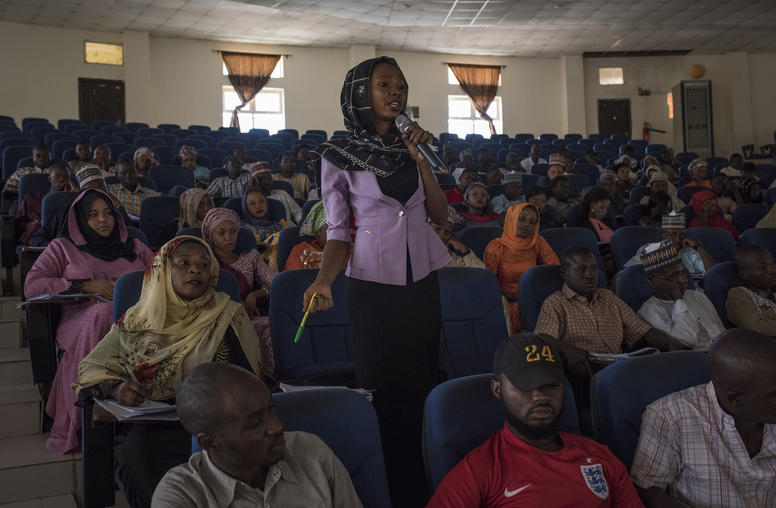
Nigeria: Police in Jos Adapt to COVID-Driven Rise in Sexual Violence
Ten months since the coronavirus first emerged, communities around the world still face stay-at-home orders, school closures, and travel restrictions. These policies have led to increased sexual and gender-based violence. While the U.N. secretary-general and heads of state have paid unprecedented attention to this issue, translating political rhetoric into action has proven more difficult. As the pandemic drags on, governments, security actors, and civil society need to rethink how to protect women and girls during lockdowns. While the situation is dire, an opportunity does exist. In Nigeria, where massive protests against police brutality broke out in October, civil society and police are adapting their efforts to address both gender-based violence and the pandemic.
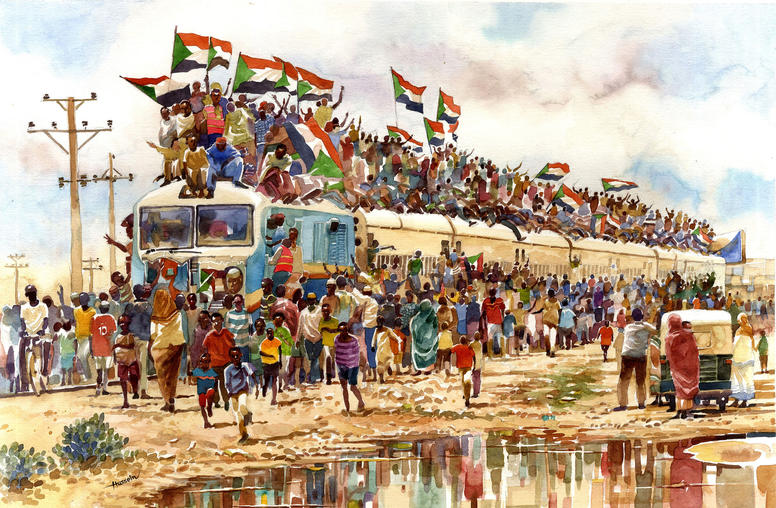
How Art Helped Propel Sudan’s Revolution
During Sudan’s 2019 revolution—as people mobilized across the country with tactics including sit-ins, marches, boycotts, and strikes—artists helped capture the country’s discontent and solidify protesters’ resolve. In particular, artists became an integral part of the months-long sit-in at the military headquarters in Khartoum, which was known as the heart of the revolution until it was violently dispersed by paramilitary forces on June 3, 2019. This immense expression of creativity was both a result of loosening restrictions on freedom of expression and, at the same time, a catalyst for further change.
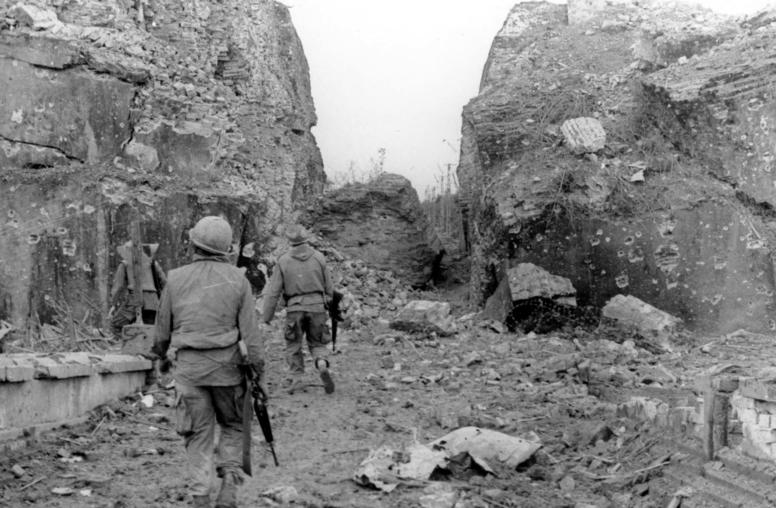
A Vietnam Veteran’s Fight—for Dignity and Peace
In 1967, America was racing the Soviet Union into space, debating war in Vietnam and dancing to Aretha Franklin’s “Respect.” John Lancaster graduated that spring from the University of Notre Dame. Having studied on a Navy ROTC scholarship, he took a commission in the Marine Corps. After several more months of training, Second Lieutenant Lancaster landed at Da Nang airport amid the Vietnam War’s bloodiest battle: the 1968 Tet Offensive by the North Vietnamese and Viet Cong forces.
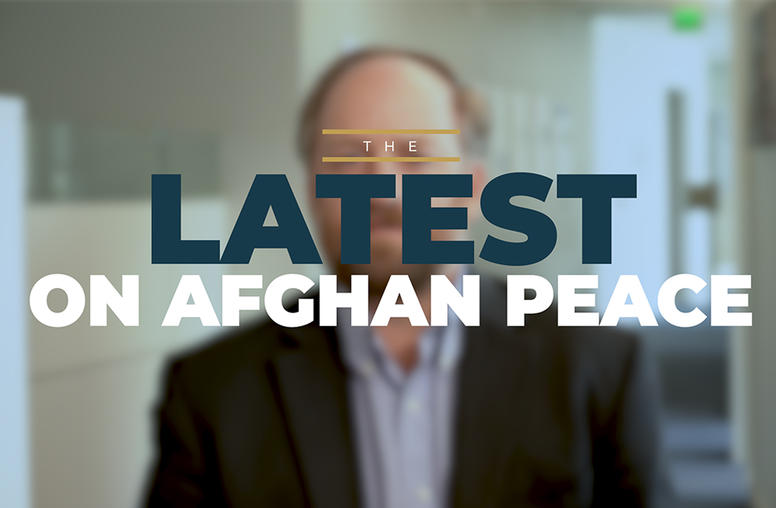
The Latest on Afghan Peace Negotiations: 3 Things You Need to Know
Long-awaited intra-Afghan negotiations began on September 12 in Doha, presenting a path to end four decades of conflict in the country and conclude America’s longest war. USIP’s Scott Worden looks at what led to the talks starting, what’s at stake for Afghans, and how the U.S. can support the process.
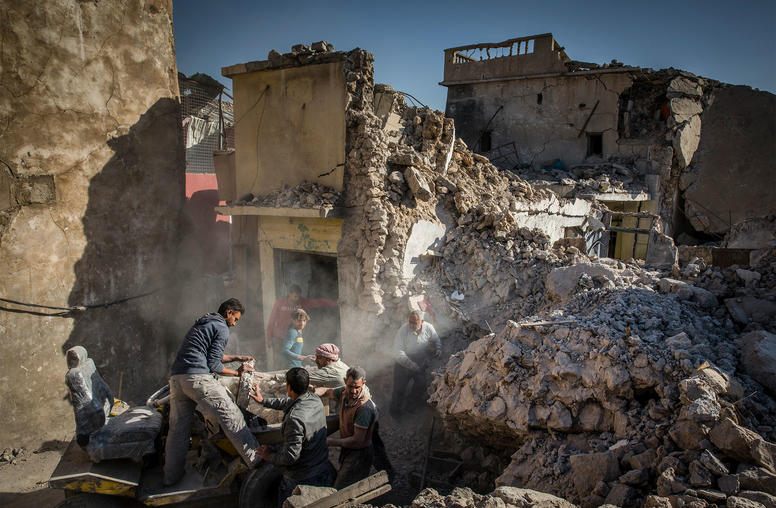
How Iraqis Can Rebuild Community Relations and Repair Democracy After ISIS
From nationwide anti-government protests, to U.S.-Iran tensions playing out on Iraqi soil, to a protracted government formation crisis, 2020 has been a tough year for Iraq. The pandemic has only deepened the country’s challenges, including distrust of the political class and inter-communal tensions. On top of this, Iraq is experiencing one of its worst economic situations since the country’s formation. Understandably, there is a crisis of confidence. Almost everything ailing Iraq stems from the lack of trust between the government and its citizens. Only by working together as partners can faith be restored. Iraq’s citizens must be given a bigger role in the decision-making process about the future of the country, starting with a say in next year’s budget.
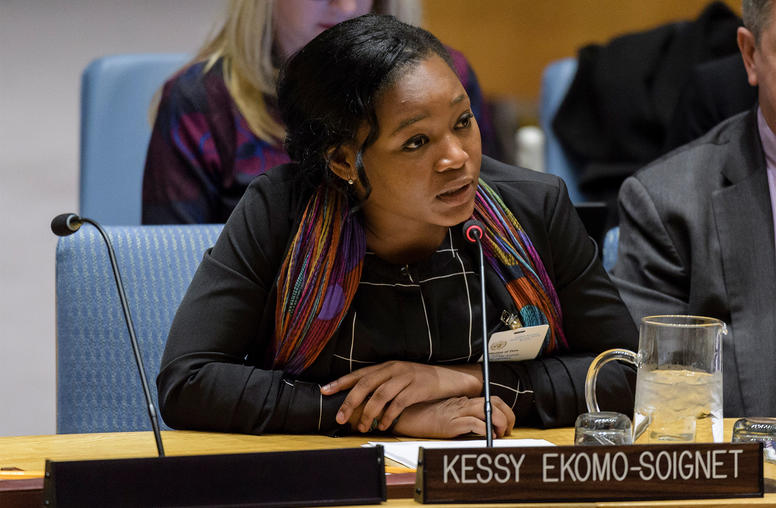
From Recognition to Action: UN Affirms Vital Role of Youth in Peacebuilding
When violent conflict erupts, young people are often among the most impacted. Indeed, globally, one in four youth are affected by conflict and violence. But their voices are frequently among the most marginalized in efforts to prevent or resolve conflict. Young men are regularly depicted as the perpetrators of violence and young women are portrayed as victims. This narrative severely discounts the important role young people play in building peace. Research shows that peace processes are more successful when they are inclusive and in many conflict-ridden societies youth account for a large percentage of the population, making their participation all the more vital. A new United Nations Security Council resolution passed in July aims to enshrine the critical role of youth in building peace.
